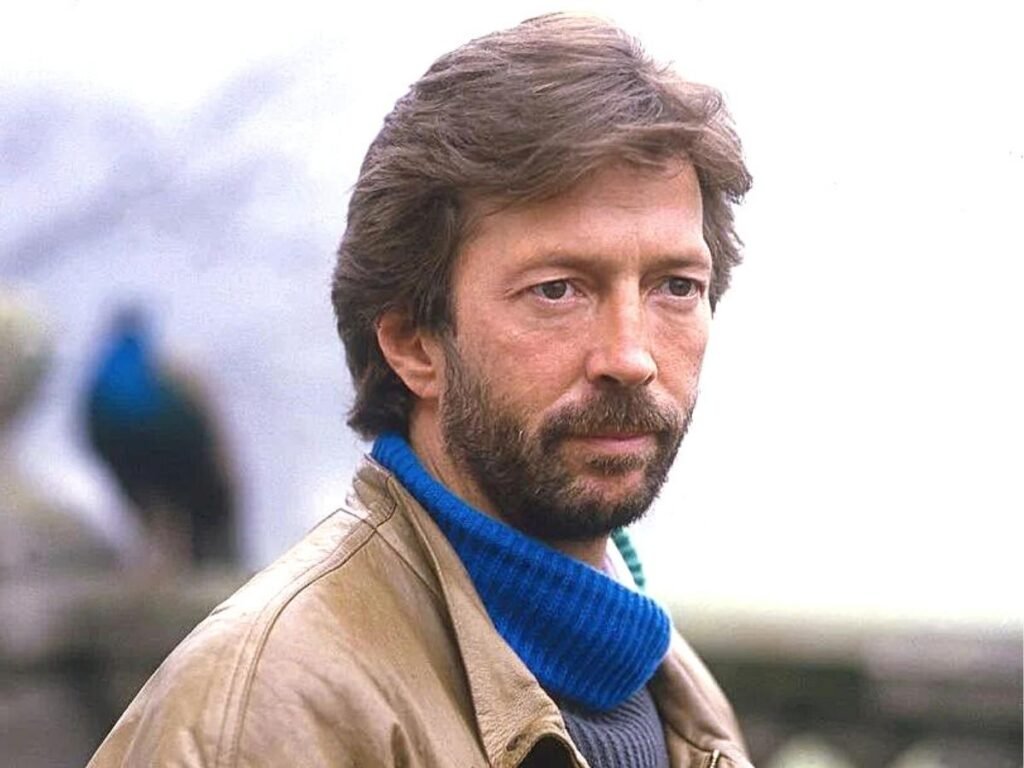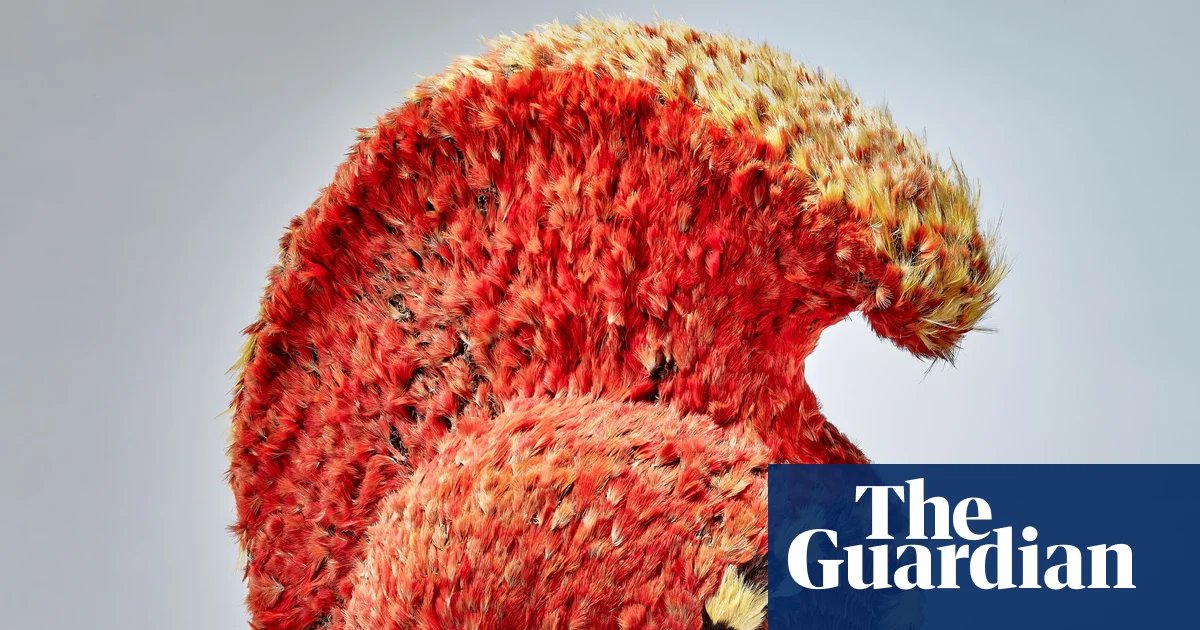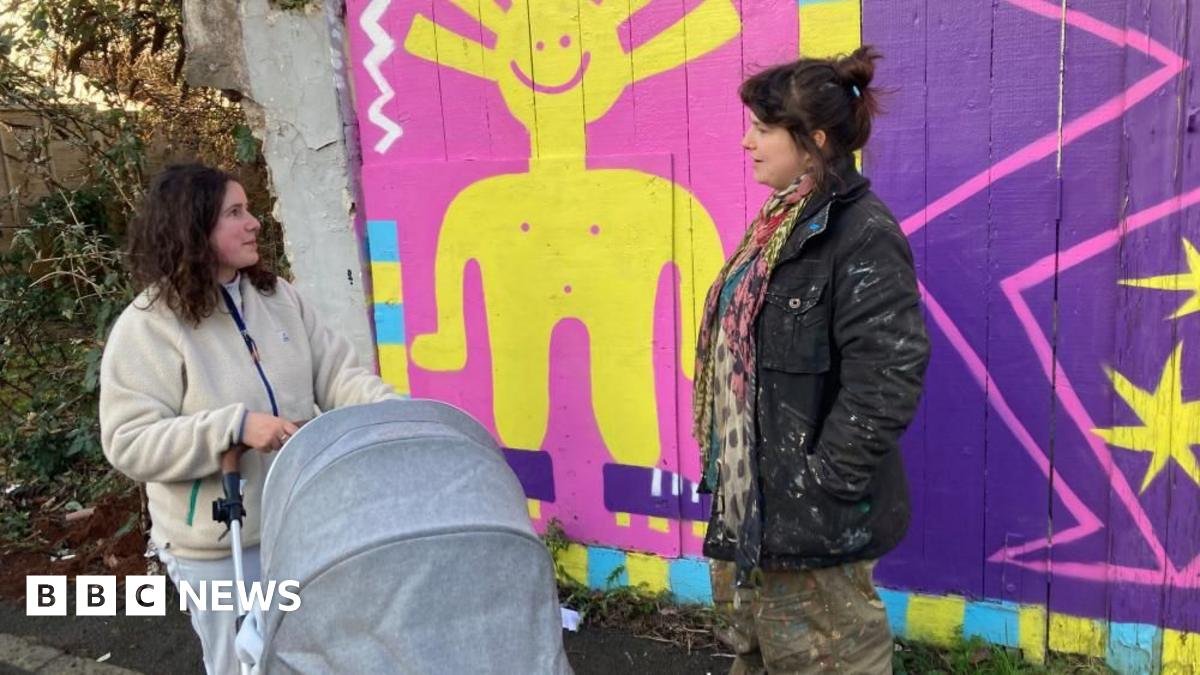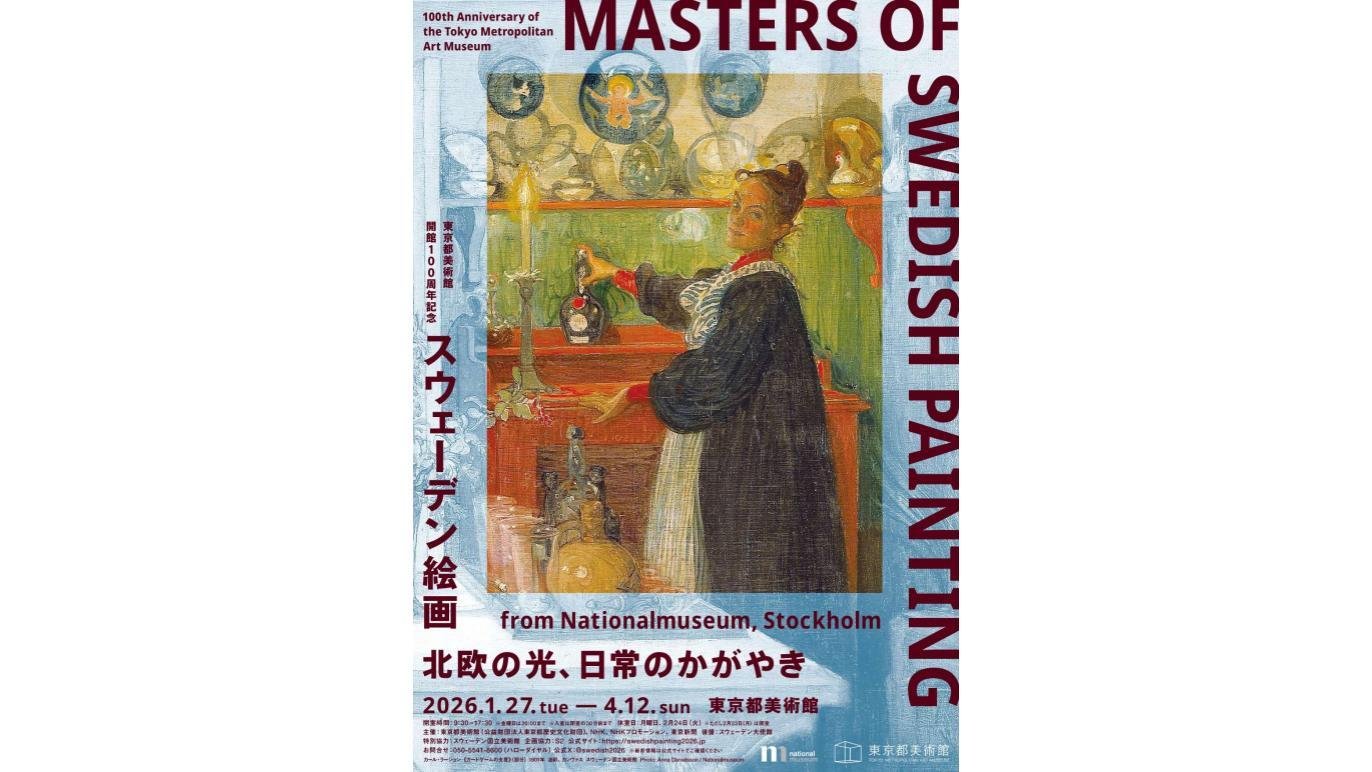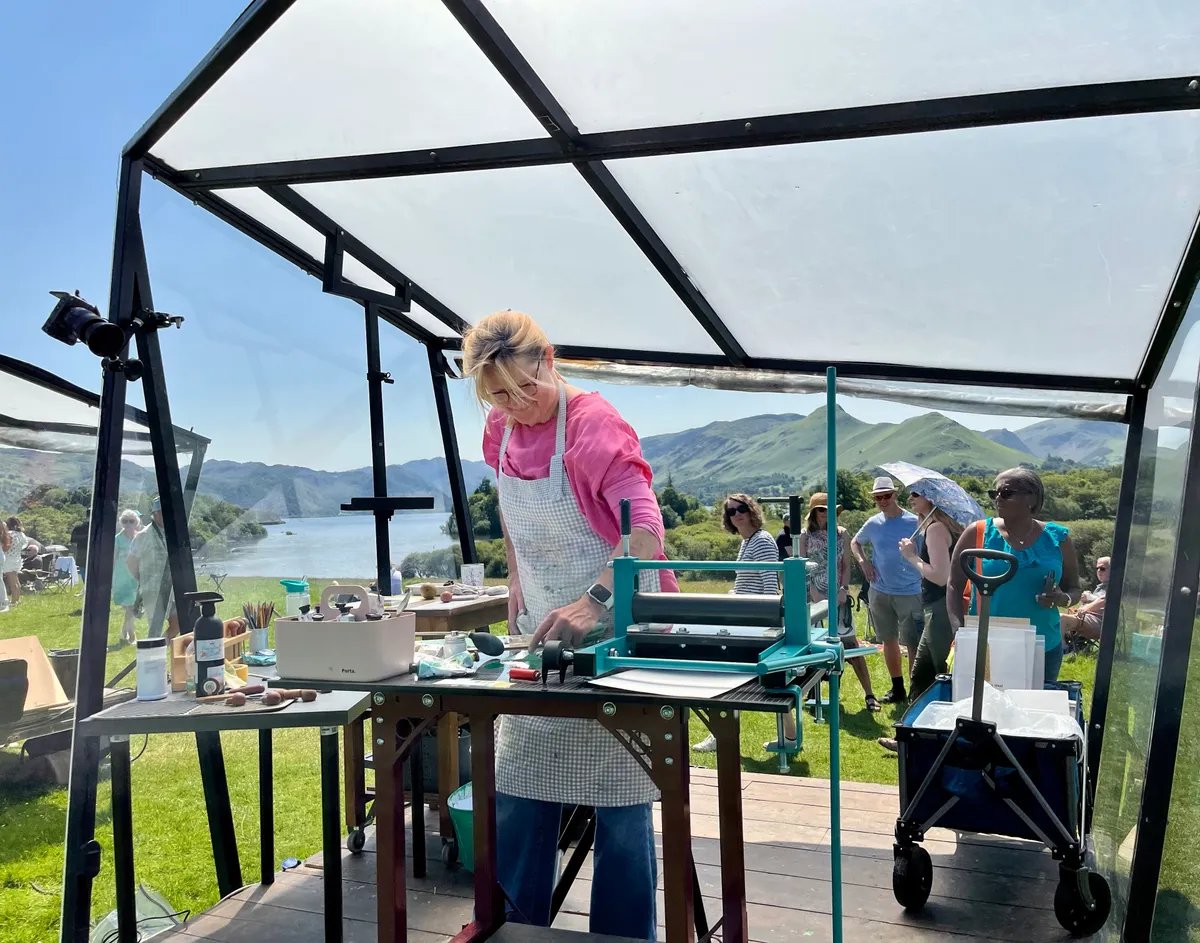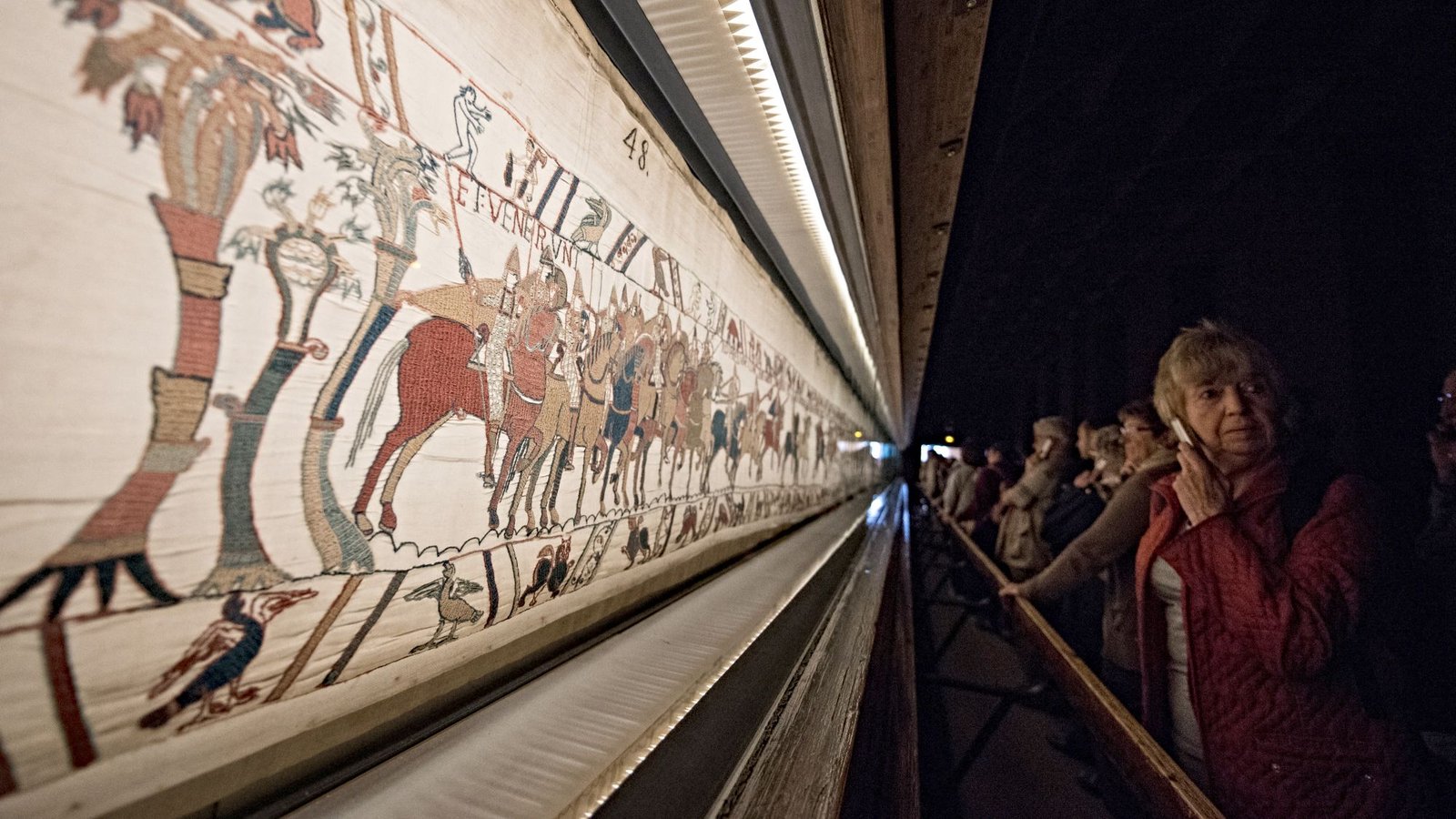
(Credit: Alamy)
Any artist that has been working for years doesn’t see their music as a hobby. There was always something that pushed them to make music that wasn’t simply about the trends going on at the time or using it as an excuse to party, and everyone seemed to have their own separate reasons why they got into the business. Although Eric Clapton had been interested in music from a very early age, there was one common language that went through every one of his early recordings: the blues.
As much as people like the idea of Clapton being a fiery guitar god ripping the best leads in rock and roll, everything that birthed the genre came from the blues. Chuck Berry may be looked at as the one person that everyone after him stole from, but he would never have had a foothold in the industry had people like Muddy Waters not come first, let alone people like Big Mama Thornton, who made the guitar scream for the first time.
When Clapton was first coming up, though, the skiffle craze had already begun. While the bands of that time were still playing the same progressions that people like BB King and Robert Johnson had been working on, listening to the early Elvis Presley records was a far cry from the kind of blues that he was looking for. ‘The King’ could strut, but even he knew that there were people out there doing it better than he could.
Given the history of the blues, there were often two lanes when it came to its evolution. There would always be the purists who tried to make the most painful sounds come out of their guitars, like Stevie Ray Vaughan, but there were also people who tended to treat the genre like a costume and put rock and roll features around it. It was well worth it for people to go in either direction, but Big Bill Broonzy was interested in something more guttural.
“I think I was already headed that way, and it was Big Bill Broonzy who really got me.”
eric clapton
Compared to the other blues artists at the time, Broonzy was the one who locked himself into the sounds of Chicago and Delta blues and never looked back. There was no doubt in anyone’s mind what kind of music he fell under, and while skiffle was making the rounds across Europe at the time, Clapton knew that music could mean so much more than a bit of fun when listening to Broonzy.
Not everything made the most sense for ‘Slowhand’ as a young kid, but after Presley, this was his first major awakening moment as a musician, saying, “I think I was already headed that way, and it was Big Bill Broonzy who really got me. Once I heard him, I realised what skiffle was and how all these other kinds of music had evolved. Broonzy’s ‘Hey Hey’ and ‘Key To The Highway’ were some of the first tunes I learnt.”
And when Clapton first started to work with The Yardbirds and later with Cream, he appeared to be one of the few artists who actually did their homework on their favourite acts. Everyone might have had a Howlin’ Wolf cover in their arsenal during the 1960s, but Clapton was the one pulling licks out of thin air and making the kind of strange detours that made no sense to rockers but made all the sense in the world to people fluent in Robert Johnson, and BB King licks from back in the day.
Because that’s what Clapton was all about compared to his rock and roll successors. Most people have tried to use blues as one facet of what they can do, but Clapton was a missionary of the genre in many respects, going from town to town on tour preaching the Gospel, according to Waters, Broonzy, and Johnson.
Related Topics

